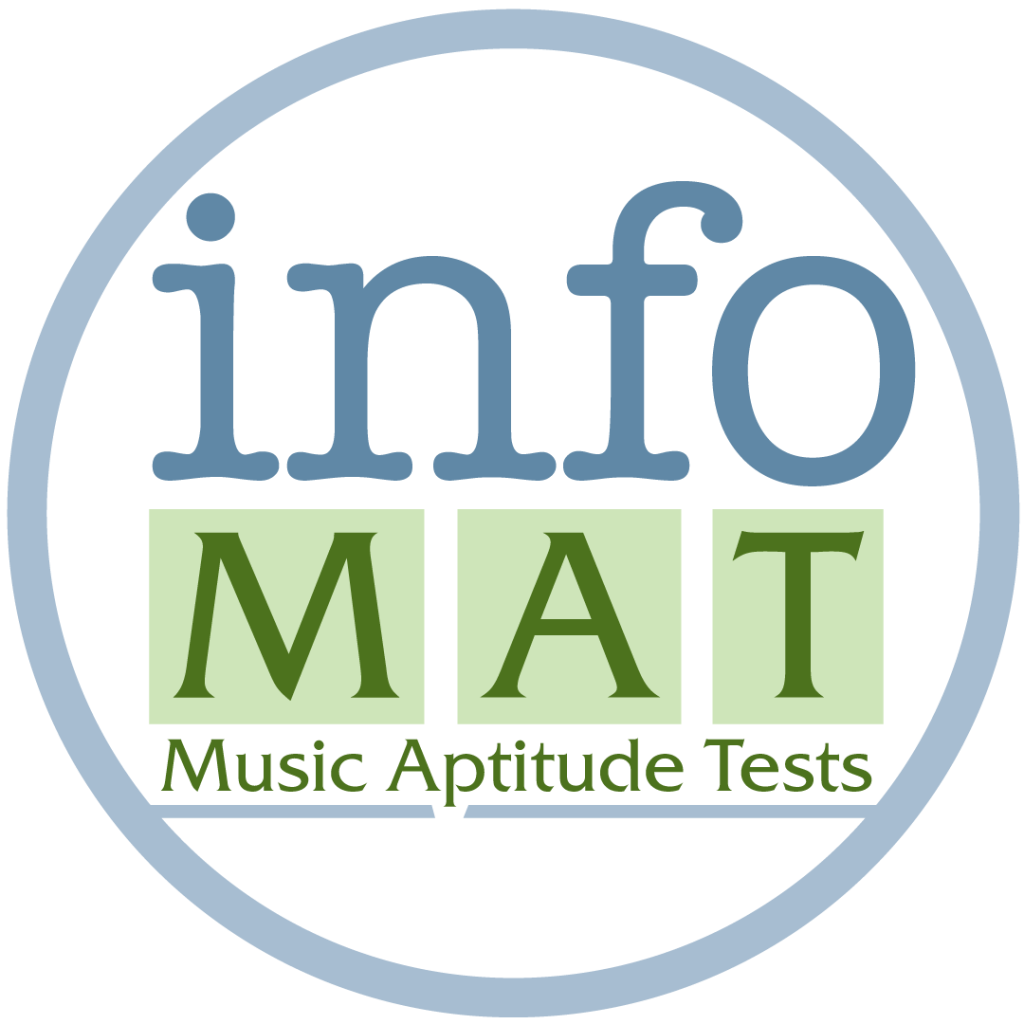
The West London Free School music aptitude test at Year 7 is designed to identify pupils who have musical potential as well as those who already study an instrument.
Apply for a Music Aptitude Test
So long as your child has a love of music, students are encouraged to apply. The test lasts 5 to 10 minutes and assesses pitch perception and sense of rhythm/pulse. The candidates will not be asked to prepare anything or bring an instrument, as the test is completed entirely vocally. It is not a test of vocal quality.
Results
Parents will be notified of the test results October ending, and twelve musical scholarship places will be offered at the beginning of March 2023 at the same time as all other offers of secondary school places.
After the test day, all musical aptitude applicants are ranked, and this is passed on to the Pan-London Admissions Board. Starting with the highest ranked applicant, the school will offer a place to the top twelve applicants (provided the West London Free School is either first on their Common Application Form or above any of the other schools at which they are eligible for a place).
If any of these places are not accepted, they will be offered to the next applicant on our Reserve List.
West London Free School
Palingswick House
241 King Street, Hammersmith, London W6 9LP
www.wlfs.org
As a Music specialist school, WLFS reserves 12 school places each year for pupils with an aptitude for music. Scholar programme includes:
- A priority place at WLFS, regardless of catchment area.
- A half hour instrumental or singing lesson each week, paid for by the school.
- Theory of music classes on Wednesdays before school.
- Membership of the school choir.
- Sight-singing classes.
If selected, scholars are expected to make a commitment to their musical education – arriving at school early on some days, giving up their lunch break on others, ensuring they practise their chosen instrument regularly, etc. The programme aims to develop the practical abilities of scholars and deepen their understanding of how music works. Keyboard skills, ensemble playing, pitch perception and music theory are at the centre of these lessons, along with learning to use notation and sequencing software. Our aim is to cultivate well-rounded musicians with a creative flair in both performance and composition.
